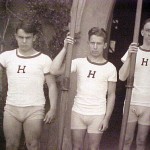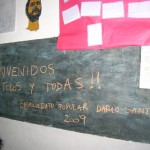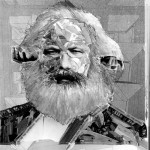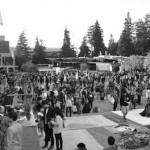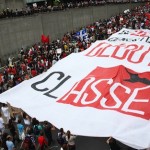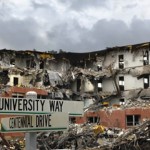
Be the Street: On Radical Ethnography and Cultural Studies
There wasn’t much to wax romantic about in the Detroit music scene at that time. The culture industries were undergoing a restructuring for the immaterial age. Vinyl was no longer moving. Local radio and local music venues had gone corporate, squeezing out local music. DJs who wanted local gigs had to play Top 40 playlists in the suburban megaclubs instead of the native styles of electronic music that had given Detroit mythic status around the world. Many had given up on record labels entirely. Everyone looked to the internet as the saving grace for record sales, promotion, networking – for everything, practically. Some of the more successful artists were attempting to license their tracks for video games. Almost everyone had other jobs, often off the books. I wasn’t embedded within this community, as an anthropologist would be. Instead, I made the 90 minute drive to Detroit when I could, and spent the time interviewing artists in their homes or over the phone.
 Viewpoint Magazine
Viewpoint Magazine
